Standfirst: The once nascent EV market is maturing rapidly, with traditional automakers and new entrants challenging Tesla’s dominance. As the industry evolves, new factors will determine market leadership.
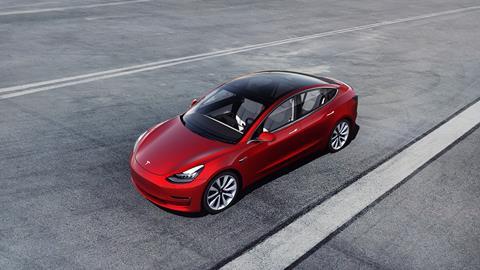
Tesla, the once-unshakeable leader in the electric vehicle (EV) revolution, is facing a period of turbulence. A recent analysis by Finbold paints a stark picture: Tesla’s US market share has plummeted a staggering 33% in just two years, falling from a dominant 74.8% in early 2022 to a more precarious 49.7% by Q2 2024, according to recent reports.
While a broader industry slowdown, the so-called “EV winter,” undoubtedly plays a role, Tesla’s decline appears more pronounced. This suggests factors beyond the general market chill are at play.
A “maturing” market exposes vulnerabilities
Analysts believe a key driver of Tesla’s woes is the simple fact that the EV market is maturing. Andreja Stojanovic, co-author of the Finbold research, explains: “The figures…may intuit a dire situation for Tesla…However, the sector has been growing if the 2024 slowdown is ignored.”
This growth signifies a shift from a market dominated by a single player to one with a wider range of options for consumers.
Legacy automakers and new entrants rise to the challenge
This maturation has emboldened established automakers to aggressively enter the EV space. General Motors, once a laggard in the EV race, has made significant strides. Their market share has skyrocketed from a negligible 0.3% in early 2022 to significant 6.6% by 2024.
This aggressive push by traditional car companies highlights their ability to leverage existing infrastructure and manufacturing expertise to quickly ramp up EV production.
The competitive landscape is further complicated by the emergence of new EV startups like Lucid Motors and Rivian. While these companies have yet to carve out a significant market share (Lucid sits at 0.6% and Rivian at 4.2% in Q2 2024), their presence adds another layer of competition, particularly in the premium EV segment.
Tesla’s challenges: beyond the market shift
While the maturing market and rising competition are undoubtedly major factors, Tesla may be facing internal challenges as well. Production and delivery issues have plagued the company in recent times.
Additionally, some analysts suggest a lack of product diversification compared to its competitors could be hindering Tesla’s growth.
Despite the current challenges, Tesla remains a formidable force in the industry. Its strong brand loyalty, extensive charging network, and ongoing research and development efforts ensure its continued relevance. However, as Stojanovic emphasises, “EV sales have more stagnated than truly declined…particularly with the most recent recovery.” This suggests that Tesla still has the potential to maintain its position, but it will require significant adaptation.
Looking forward, industry experts predict a future EV market characterised by fragmentation, with multiple players vying for dominance. Success will hinge on a combination of factors beyond just brand recognition.
Battery technology advancements, charging infrastructure development, progress in autonomous driving capabilities, and overall vehicle affordability will play critical roles in determining which companies emerge as leaders.





























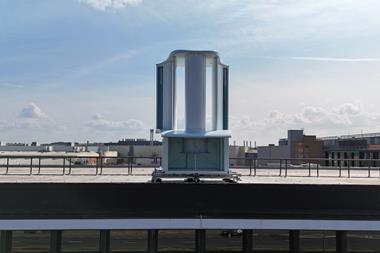
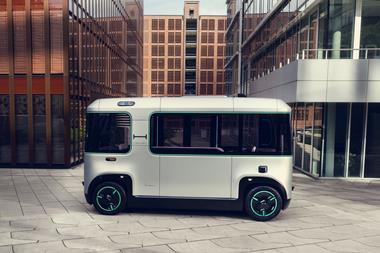
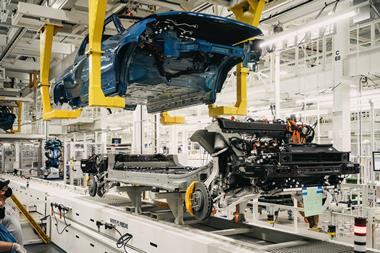

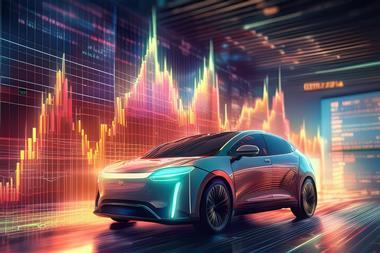




No comments yet